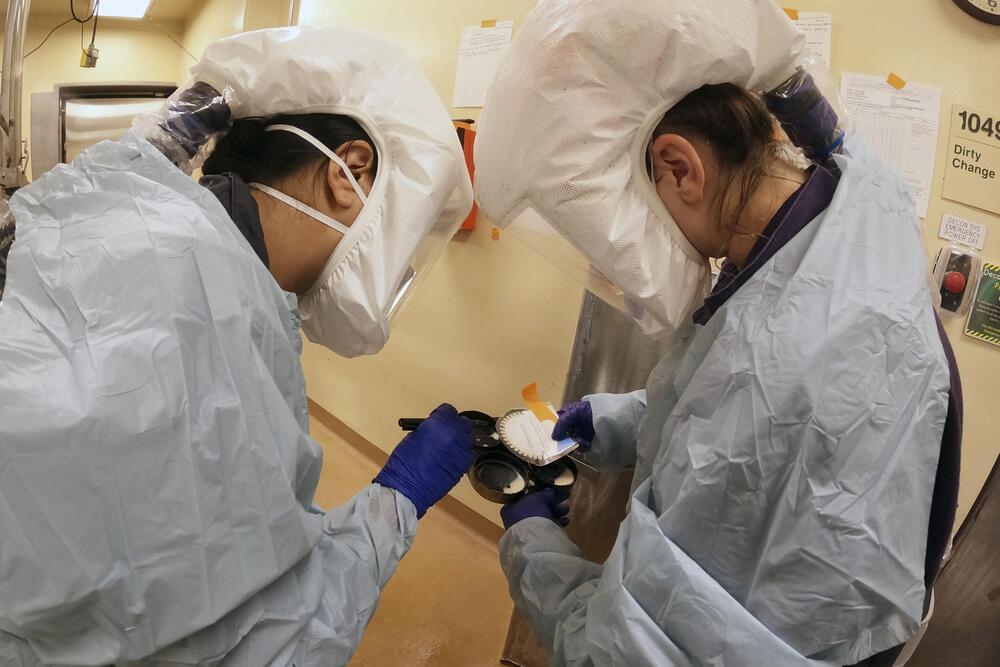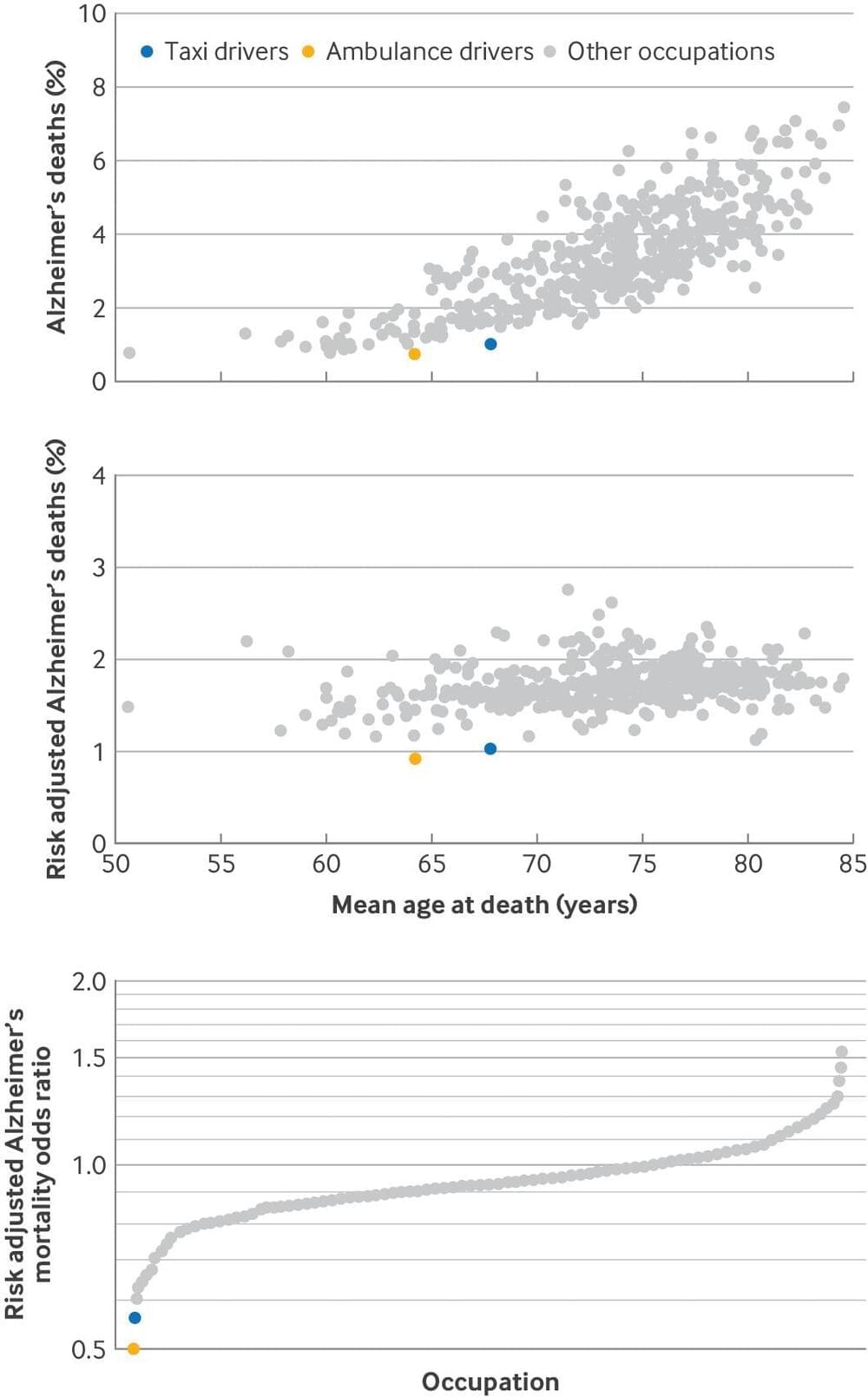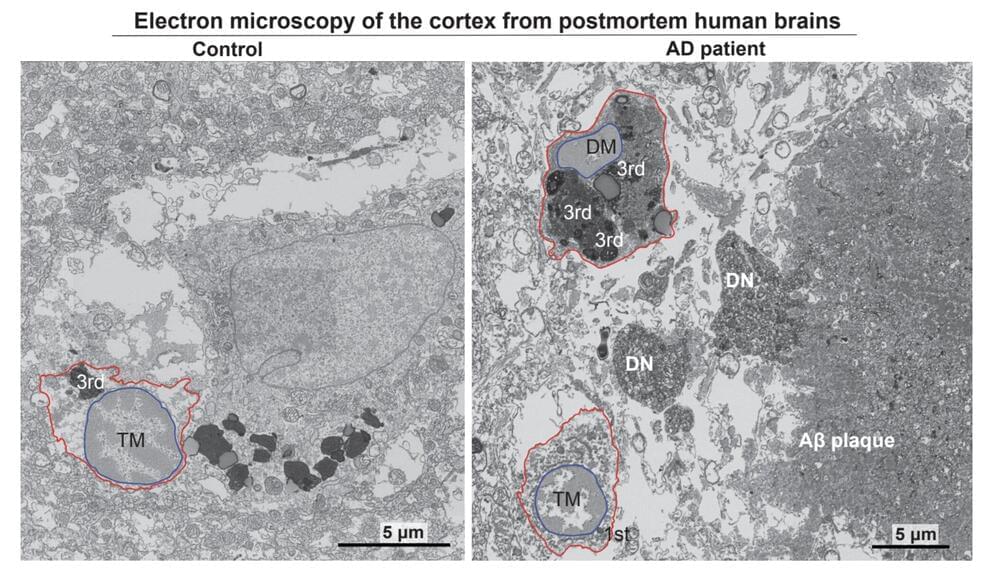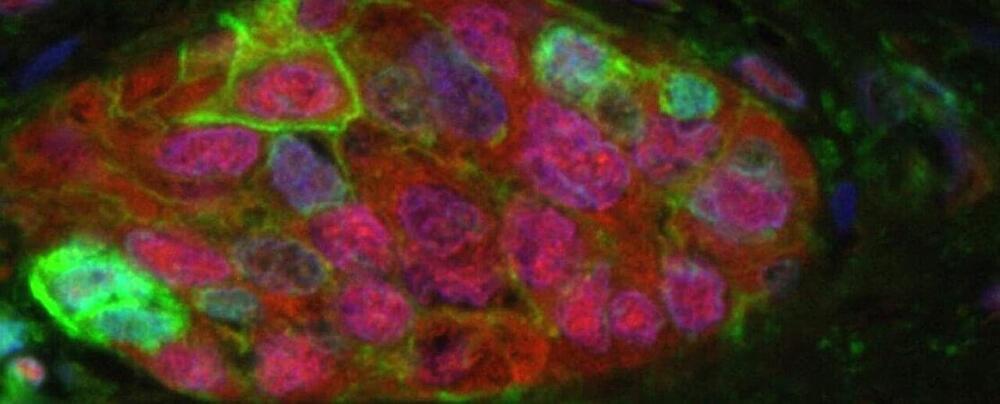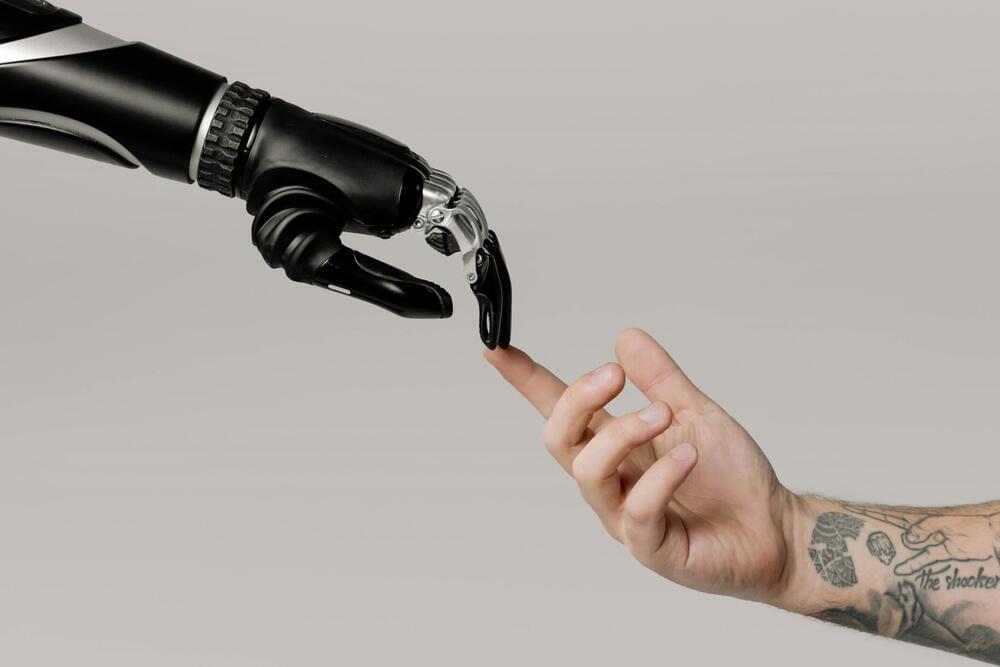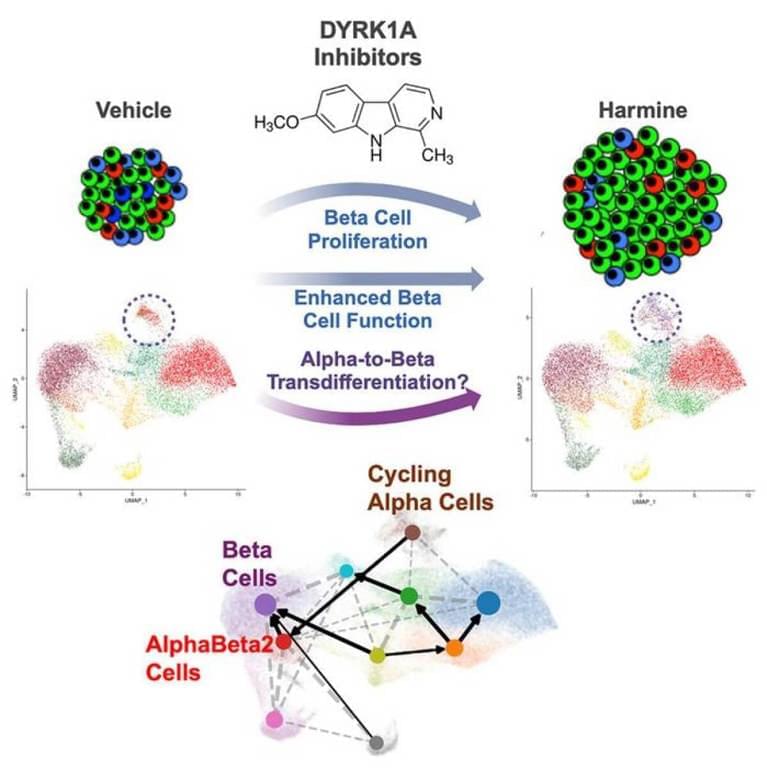But when, where and how that could come to pass is hard to predict — in part, some researchers say, because of guardrails the federal government has placed around gain-of-function research.
The term describes experiments that seek to understand a virus’ potential to adapt to new hosts, spread more easily, survive longer in the environment and cause those infected to become sicker. Though many scientists view the approach as a critical tool for conducting biological research, other experts have long complained that it’s unacceptably risky — a reputation exacerbated by persistent speculation that the virus responsible for the COVID-19 pandemic was created in gain-of-function experiments in a laboratory in Wuhan, China.
